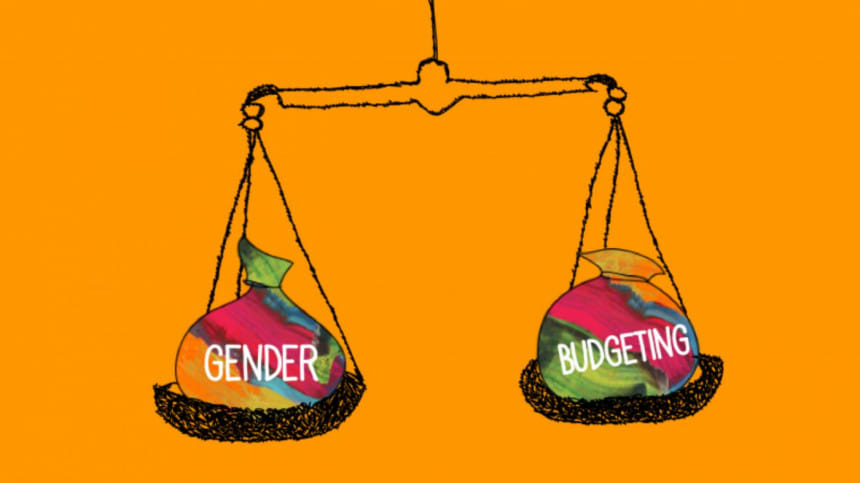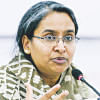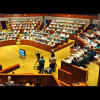Implementing the gender budget

TK 92,765 crore has been set aside as the 'gender budget' in the next fiscal for the development of women. However, we are not clear as to what tools the government has set to properly monitor and evaluate the various programmes and their impact on women's empowerment. This year's allocation is 2 percent higher than the preceding year's but without effective analysis of the strategies and activities adopted by the different ministries and divisions to advance women in society, there is serious doubt whether the budget will be well spent. Indeed, experts in the field of women empowerment have voiced concern that the three areas where more public monies need allocation, i.e. health, education and social protection, that have a direct positive effect on advancing women's empowerment, have not been adequately covered.
It is ironic that skills development, a critical area for economic empowerment, has been allocated a mere Tk 168 crore as development budget for the women and children affairs ministry, i.e. less than 8 percent of the total development budget. Now that is a farce because a third of the workforce is women. While the analysis on the breakdown of the gender budget has been presented in parliament, what remains unclear as to how impact will be measured on monies expended without a clear set of evaluation criterion?
Although views may differ between policymakers and non-state actors, a budget is only good when it is well spent and its impact is clear. Otherwise, we end up with either wastage or unexpended sums - which could have been utilised more effectively elsewhere.

 For all latest news, follow The Daily Star's Google News channel.
For all latest news, follow The Daily Star's Google News channel. 







Comments